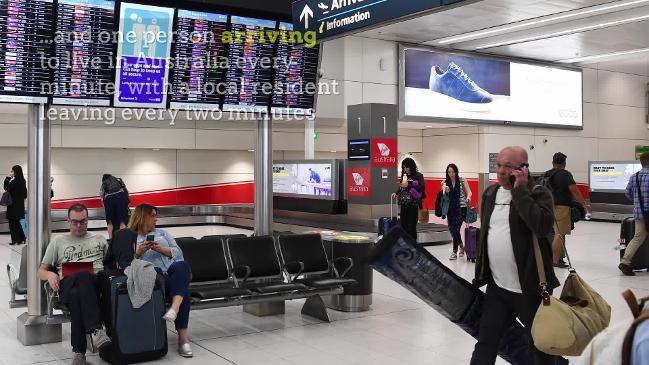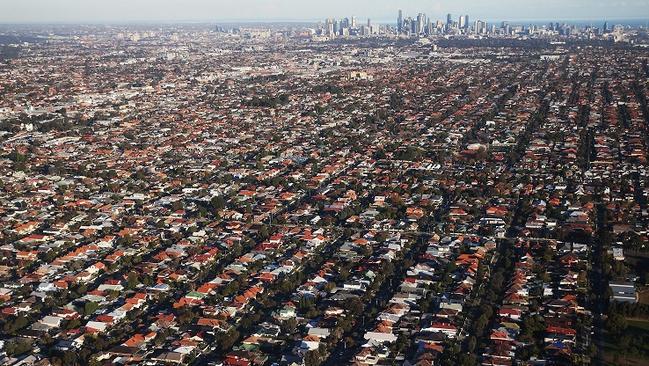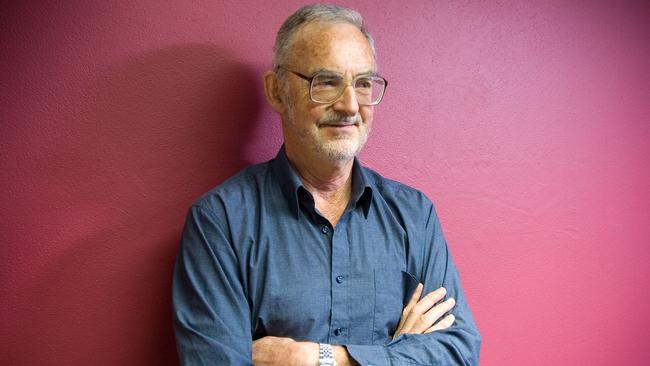Australian population hits 25 million amid high immigration and solid birthrates
AUSTRALIA’S population will officially pass the 25 million mark on Tuesday night — 33 years earlier than was predicted just two decades ago. So why have we got there so fast?

VIC News
Don't miss out on the headlines from VIC News. Followed categories will be added to My News.
AUSTRALIA’S population will hit the 25 million mark on Tuesday night — 33 years earlier than was predicted just two decades ago.
Mass migration and higher than anticipated birthrates have caused the population to increase by a third in the past 20 years.
IMMIGRATION TO MELBOURNE AT RECORD LEVELS
VOTERS SAY WE’RE FULL, SUPPORT PARTIAL BAN ON MUSLIM MIGRATION
BOLT WON’T BE CENSORED ON IMMIGRATION DEBATE
Melbourne is almost at 5 million, although an Australian Bureau of Statistics report in 1998 forecast it wouldn’t get anywhere near that number until 2051.
Victoria had 82,105 births last year — about 6000 more than in 2012.

Deer Park couple Rahul and Nisha Sharma moved here from India 11 years ago, and their daughter, Siya, was born at Sunshine Hospital at the weekend.
“We are very happy here, we are proud to have our kids in Australia with good traditions and a great lifestyle,” Mr Sharma said.
“It is a very good community and such a good multicultural society where the kids grow together, like one family.”
By far the biggest driver of population growth is net overseas migration, which is running at about 240,000 a year — much higher than predicted two decades ago.

Big business groups like the Australian Industry Group welcome rapid population growth, saying the high migrant intake must be maintained to fill skill shortages and keep the economy strong.
But Australian Population Research Institute president Dr Bob Birrell said a 25 million population was nothing to celebrate.
“Our latest survey of Australian voters found 74 per cent thought the nation did not need more people,” he said.
“Most thought population growth was worsening congestion, competition for education, health services and jobs.”

Dr Birrell said governments and urban planners were urging people to give up their suburban lifestyles and embrace higher-density living.
“This is the price being asked for accommodating all those extra people every year,” he said.
Environmental group Sustainable Population Australia has taken aerial shots of Melbourne’s urban sprawl to highlight the population explosion.
“Our infrastructure is struggling to keep pace as we continue to build new suburbs over our precious food bowl, green space and wildlife habitats,” the group’s Victorian president, Michael Bayliss, said.
The federal government said some people believed in a big Australia and others wanted lower growth.
“Regardless of these diverse views, what is important is that population growth is managed in such a way that it benefits all Australians,” a government source said.


